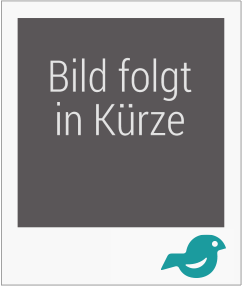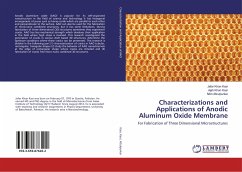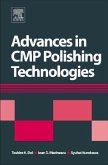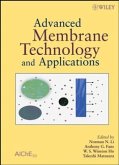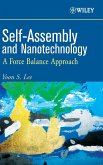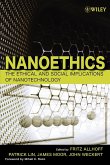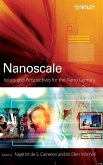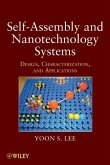Green Etching Techniques for MEMS Applications: Sustainable, Fluorine-Free Etching Methods for Micro-Electro-Mechanical Systems delivers an essential and comprehensive exploration of sustainable, fluorine-free etching methodologies for micro-electro-mechanical systems (MEMS). With growing environmental concerns around traditional MEMS fabrication, this book addresses a critical issue by detailing advanced, eco-friendly alternatives that mitigate environmental impacts without compromising technical performance. Covering a spectrum of innovative etching technologies, from dry and wet chemistries to electrochemical and AI-enhanced hybrid methods, the book offers practical guidance, robust theoretical foundations, and insights from real-world industrial case studies. It is a crucial resource for professionals, researchers, and students dedicated to advancing the sustainability of MEMS fabrication. Features: * Thorough analysis of fluorine-free, environmentally friendly MEMS etching alternatives * Coverage of emerging technologies, including supercritical CO¿, ionic liquids, and gas-phase selective etching * Exploration of AI-driven process optimization for sustainable and efficient MEMS manufacturing * Detailed industrial case studies highlighting successful implementation and scalability * Clear discussions on regulatory drivers, market trends, and future roadmaps for sustainable microfabrication
Bitte wählen Sie Ihr Anliegen aus.
Rechnungen
Retourenschein anfordern
Bestellstatus
Storno

